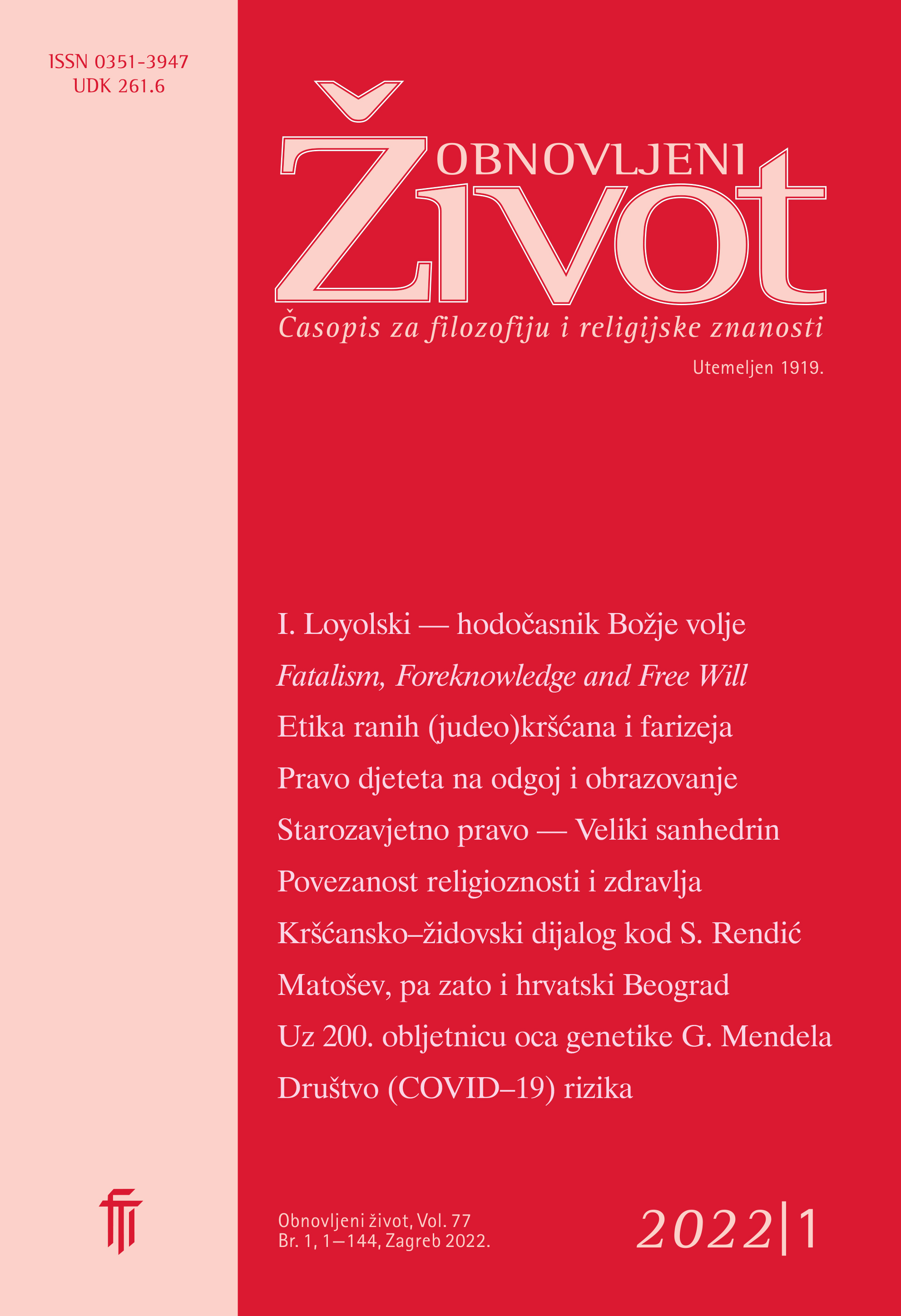The Risk (COVID–19) Society — Between Instrumental and Axiological Rationality
Keywords:
COVID–19 pandemic, risk society, medicalization of society, axiological rationality, instrumental rationalityAbstract
The COVID–19 pandemic has elicited comprehensive changes in our social lives, moreover societal factors have been affected as well. We are witnesses to a „global experiment of discontinuation“ which has divided our society into two eras — the time preceding the pandemic and the time needed to re–establish a meaningful existence in a new form. In determining social elements pertaining to the age of the COVID pandemic, we should commence with phenomena which are the foundation of rationality and which we consider to be as follows: risk society, medicalization of society, axiological rationality and instrumental rationality. In order to examine these phenomena, an empirical study was conducted involving 185 participants. Attitudes towards the COVID–19 pandemic and vaccination, the correlation between attitudes and religiosity, the consequences of the pandemic and protective factors were studied. Results show polarized attitudes in regard to the COVID pandemic and vaccination. A significant correlation between attitudes and religiosity was not found. The correlation between religiosity and vaccination status was tested and found to be significant, suggesting that higher levels of religiosity are associated with axiological rationality. Most participants reported that the COVID–19 pandemic has had a strong impact on many aspects of their life, including social isolation, increased stress level and decreased quality of life. Data also revealed that participants with a higher level of religiosity reported increased spirituality and religiosity, more frequent prayer and more frequent visits to places of worship during the pandemic. Findings suggest that such consequences serve as protective factors for religious participants.
Downloads
Published
Issue
Section
License
Jednom prihvaćeni članak obvezuje autora da ga ne smije objaviti drugdje bez dozvole uredništva, a i tada samo uz bilješku da je objavljen prvi put u Obnovljenom životu. Uredništvo će obavijestiti autora o prihvaćanju ili neprihvaćanju članka za objavljivanje.
Članci objavljeni u časopisu se, uz prikladno navođenje izvora, smiju besplatno koristiti u obrazovne i druge nekomercijalne svrhe.


